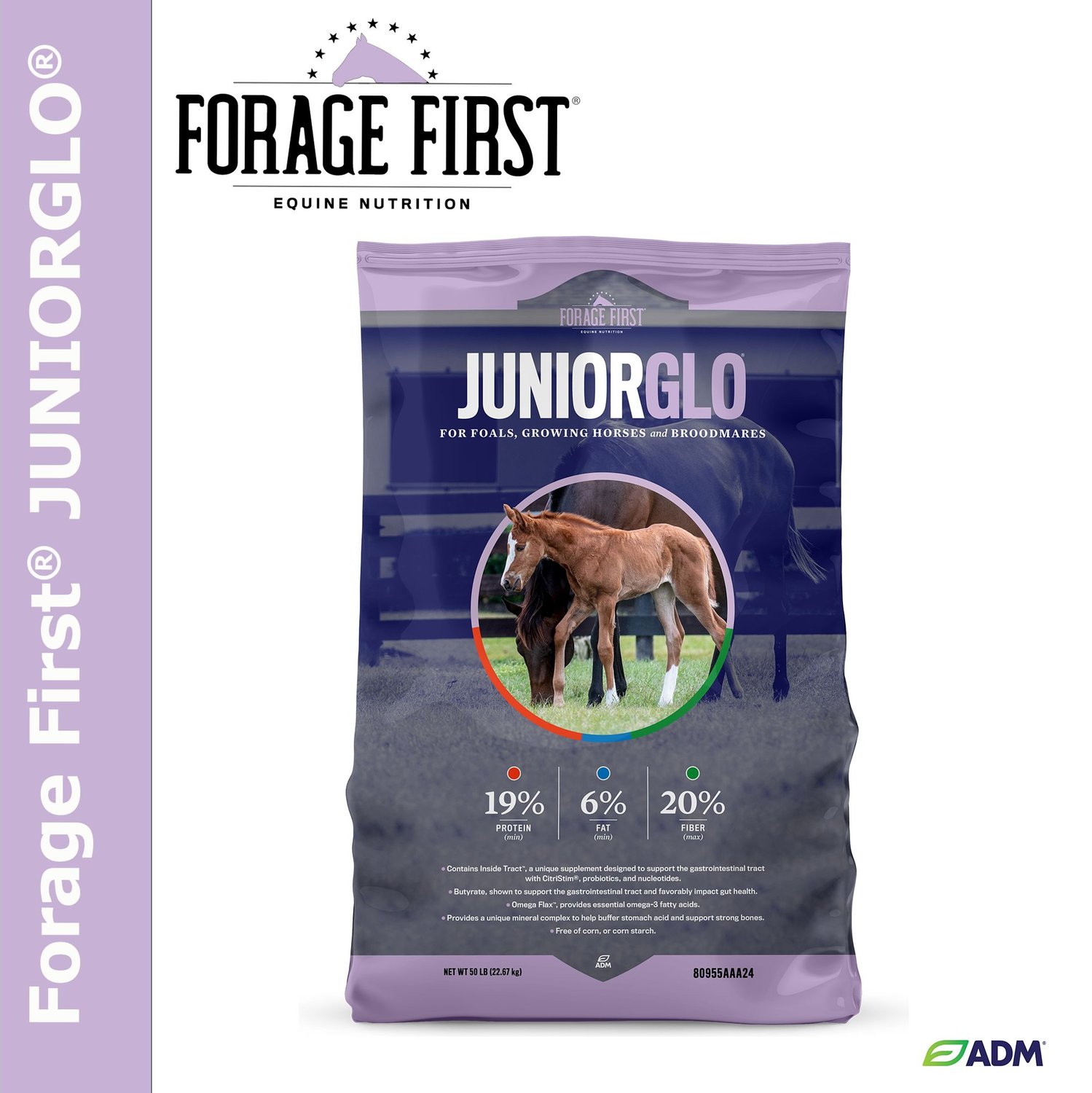Choosing a horse feed

Horse feed, also called horse feedstuffs or horse feed rations, refers to the numerous forms of meals and dietary supplements provided to horses to fulfill their dietary wants. The kind of feed a horse requires is dependent upon elements such as its age, weight, activity level, breed, and total well being. Here are some frequent types of horse feed:
Hay: Hay is a staple in most horses' diets and provides roughage. It is out there in completely different varieties, such as timothy, alfalfa, orchard grass, and Bermuda grass hay. Hay is important for the horse's digestive well being and helps keep wholesome teeth.
Grain: Grain, also called focus or pelleted feed, supplies additional energy, protein, nutritional vitamins, and minerals to complement a horse's diet. Common grains utilized in horse feed embrace oats, barley, corn, and wheat. Horse Feed Wheaton Aston Staffordshire and amount of grain required rely upon the horse's vitality wants and activity level.
Complete Feeds: Complete feeds are commercially balanced feeds that comprise both roughage (usually in a processed form) and concentrates. They are designed to be the only supply of vitamin for horses that can't consume sufficient forage on their own.
Supplements: Supplements are used to enrich a horse's food regimen, addressing specific dietary needs or deficiencies. Common dietary supplements include vitamins, minerals, amino acids, probiotics, and joint dietary supplements.
Beet Pulp: Beet pulp is a byproduct of sugar beet processing and is usually used as a supplemental source of fiber and energy for horses.
Rice Bran: Rice bran is rich in fats and can be added to a horse's food plan to supply additional energy and enhance coat condition.

Look at more info and Minerals: Providing entry to plain white salt blocks and mineral blocks is important to meet a horse's salt and mineral necessities.
Treats: Some horse owners like to offer treats as a type of positive reinforcement or bonding with their horses. However, treats must be given carefully to stop overfeeding or causing dietary imbalances.
When choosing horse feed, it is crucial to assume about the precise needs of each horse and work with a professional equine nutritionist or veterinarian. Factors similar to age, weight, activity degree, health circumstances, and the standard of accessible forage should be taken under consideration to make sure a balanced and applicable food plan for every individual horse. Avoid sudden modifications in food regimen, as they will result in digestive upset. Gradual transitions to new feeds are beneficial..
